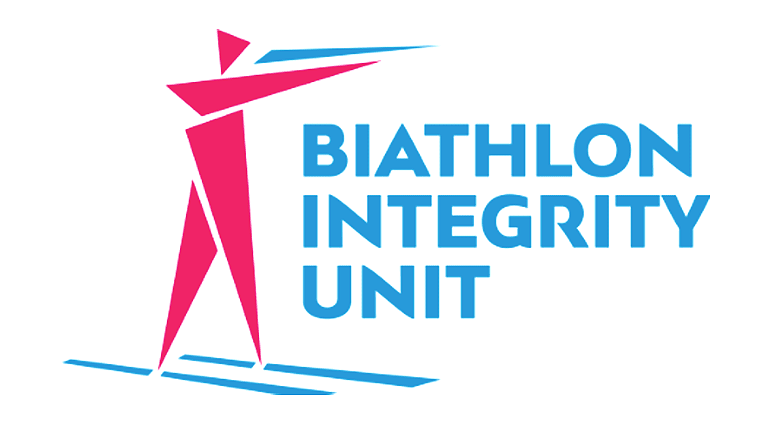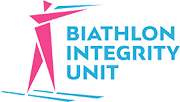Importance of the coaches’ role
BIU to give presentations at IBU Academy Coach Education course
The BIU will contribute modules on ‘Anti-Doping and Integrity Matters’ and ‘Ethics and Welfare in Biathlon’, beginning next week, as part of a one-year online course for Biathlon coaches being run by the IBU Academy.
During the first week of live teaching, taking place in Ruhpolding, Germany between 22 and 25 May, Lucie Rothauer, the BIU’s Prevention Manager, will give a presentation on ‘Anti-Doping and Integrity Matters.
The presentation will discuss the importance of the coaches’ role in the field of Anti-Doping with the participants, and provide information about some case studies and examples of Anti-Doping Rule Violations (ADRVs).
The presentation underlines the crucial role played by coaches in helping to prevent doping, stressing that coaches are the ones with daily contact with athletes, answering their questions and providing role models for young athletes.
Part of the coach’s role is to teach young athletes the values of fair sport.
Coaches have certain rights and responsibilities, the presentation will go on to say. They must:
· know and comply with all Anti-Doping policies and rules that apply to them and the athletes they support;
· use their considerable influence on athletes’ values and behaviour to promote a clean sport philosophy;
· cooperate with the athlete-testing programme;
· cooperate with Anti-Doping Organizations investigating ADRVs.
Coaches also play an important role in doping control. They are expected to:
· facilitate doping control;
· help Doping Control Officers gain access to their athletes;
· educate athletes about doping control procedures;
· know the steps in the doping control process;
· make sure there is a representative available for the athlete;
· and ensure that athletes are up to date with their medication, Therapeutic Use Exemptions and Dietary Supplements.
Lucie Rothauer, the BIU’s Prevention Manager, said: “Coaches are role models for their athletes. That’s why we need to support and educate them in the best possible way so they can then teach their athletes the values of fair sport!”
Note to editors
The Biathlon Integrity Unit is an operationally independent and specialised unit of the International Biathlon Union. It was established in 2019 in order to ensure all of Biathlon’s stakeholders can have confidence that ethical issues in the sport will be addressed independently and expertly.









